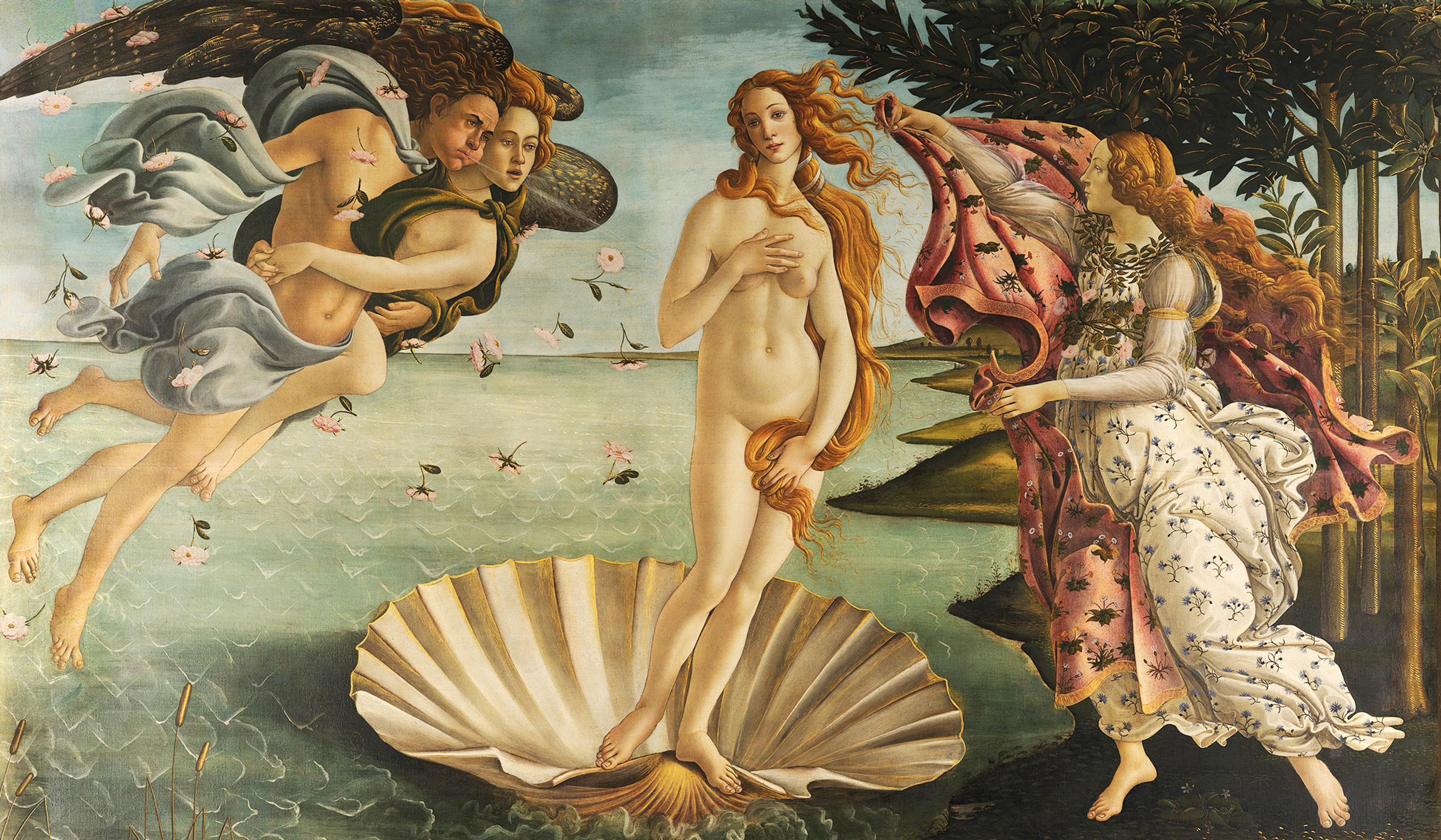Aeon Video has a monthly newsletter!
Get curated editors’ picks, peeks behind the scenes, film recommendations and more.
All’s not well that ends well – why Kant centred morality on motives, not outcomes
The 18th-century German philosopher Immanuel Kant believed that lying – no matter how noble or even life-saving a lie might seem – is always morally wrong. Kant’s view drew a distinct contrast with his utilitarian contemporaries, including the English philosopher Jeremy Bentham, whose outlook could be boiled down to the maxim that ‘the greatest happiness of the greatest number is the foundation of morals’. In this lecture at Harvard University in 2009, the US professor and political philosopher Michael Sandel draws from the highly influential text Groundwork of the Metaphysic of Morals (1785) to explore Kant’s somewhat counterintuitive outlook on morality. In doing so, Sandel, with his talent for elucidating complex ideas, builds a deeper context for Kant’s worldview, including his thoughts on human uniqueness, dignity and agency.
Video by Harvard University
Producer: Leon Kelly
Website: Justice with Michael Sandel

video
Thinkers and theories
A rare female scholar of the Roman Empire, Hypatia lived and died as a secular voice
5 minutes

video
Architecture
The celebrated architect who took inspiration from sitting, waiting and contemplating
29 minutes

video
Rituals and celebrations
A beginner’s guide to a joyful Persian tradition of spring renewal and rebirth
3 minutes

video
Metaphysics
Simple entities in universal harmony – Leibniz’s evocative perspective on reality
4 minutes

video
Biography and memoir
The unique life philosophy of Abdi, born in Somalia, living in the Netherlands
29 minutes

video
Ethics
For Iris Murdoch, selfishness is a fault that can be solved by reframing the world
6 minutes

video
Death
A hunter’s lyrical reflection on the humbling business of being mortal
6 minutes

video
Love and friendship
After his son’s terrorist attack, Azdyne seeks healing – and his granddaughter
25 minutes

video
Art
More than breathtaking, ‘The Birth of Venus’ signalled an aesthetic revolution
19 minutes